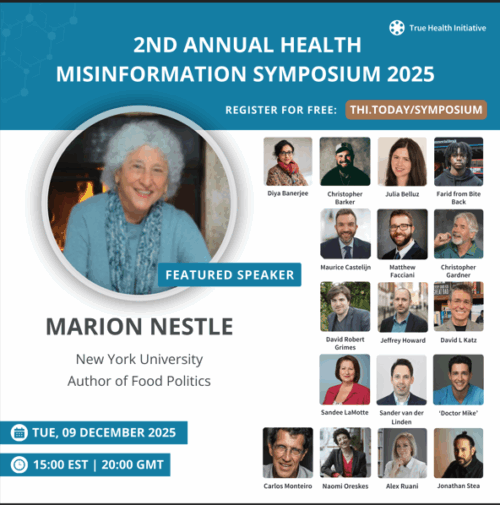
The latest in superfoods: camel’s milk?
Really? Camel’s milk? I am indebted to DairyReporter.com for a review of research on the health benefits of camel’s milk.
According to this overview, camel’s milk can
- Prevent colorectal cancer
- Reduce cellular inflammation due to diabetes
- Cures autism
- Enhances immunity
- Cures hepatitis
- Prevents food allergies
A miracle food?
Alas, the article explains, most of these studies were performed in mice or published in journals unlikely to be rigorously peer reviewed.
What can I tell you about the nutritional quality of camel’s milk?
Unfortunately, the USDA’s food composition data base does not have an entry for camel’s milk. What looks like a reasonable review of the nutritional value of camel’s milk (which you can download from this site) suggests that there are differences in nutrient composition between cow’s and camel’s milks, but the differences are small. Because the proteins differ, people sensitive or allergic to cow’s milk will have an easier time consuming camel’s milk.
The big issue with camel’s milk in the United States is that it is not pasteurized. Raw milk carries a greater food safety risk than pasteurized milk.
The FDA also has issued a warning against unproven claims that camel milk prevents autism.
I’m not seeing any particular health benefits from drinking camel milk other than avoiding allergic reactions to cow’s milk.
If you insist on drinking it, make sure it comes from a producer who diligently tests it for pathogens.

